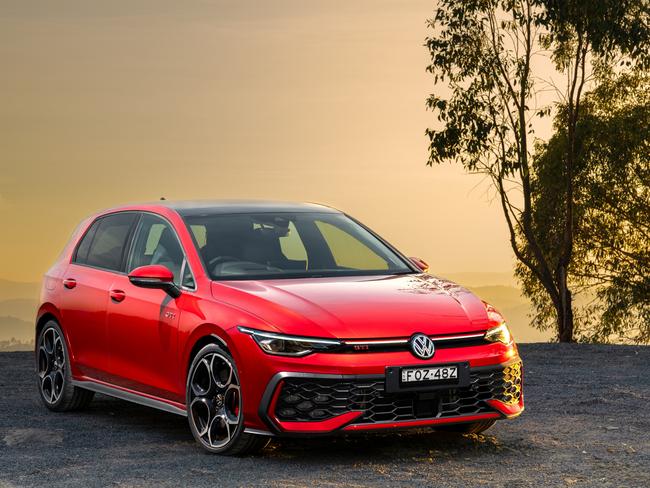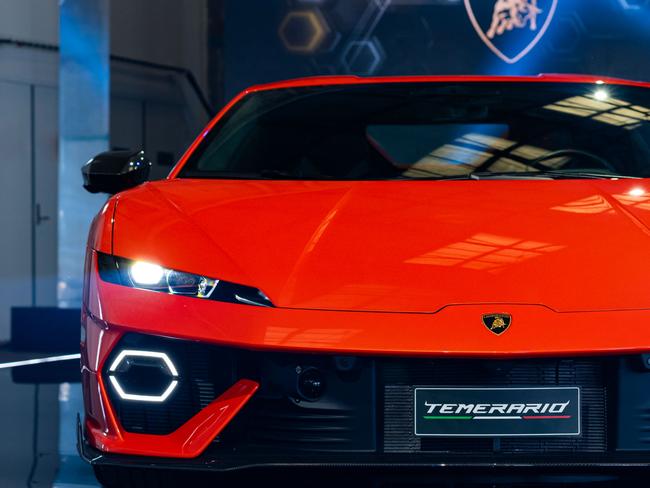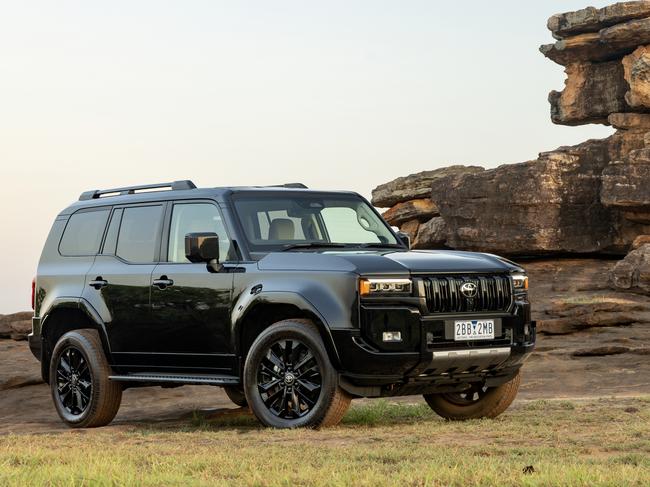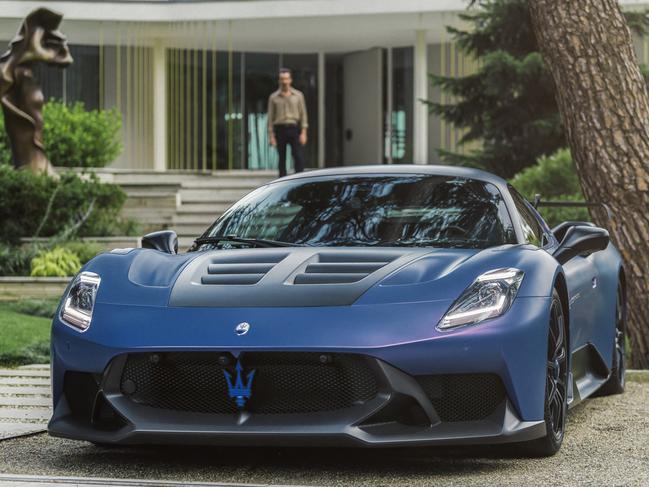Comment: Luxury car tax changes will make cars cheaper
Cars in Australia are set to get much cheaper due to a long overdue deal being thrashed out.
Motoring News
Don't miss out on the headlines from Motoring News. Followed categories will be added to My News.
COMMENT: Cars will get cheaper under a long-overdue deal being thrashed out between Europe and Australia.
As reported on the front page of The Australian on Tuesday, the Albanese Government is working on a trade deal with Europe in hope of getting a better deal for Aussie farmers.
In return, Europe wants to abolish the luxury car tax that has punished its automotive sector for 25 years.
It’s about time.
Europe looks set to concede ground to Aussie farmers, hurting its agriculture sector in a bid to save its struggling automotive industry.
MORE: Motoring giant’s huge U-turn on Trump
MAJOR CAR BRANDS HIT THE SKIDS IN AUSTRALIA
The rise of Chinese car brands is an emergency for car makers such as VW, which sells half as many cars in Australia today than it did 10 years ago.
Fiat sells one tenth of the cars it did in 2015.
European manufacturers are staring down the barrel of a disastrous shutdown that could see factories closed.
It’s a situation politicians are desperate to avoid.
Having watched Citroen withdraw Australia last year, European leaders are keen to make their cars more competitive. Making a couple of concessions to end the 5 per cent vehicle import duty and 33 per cent luxury car tax will help them level the playing field.
The car industry has pushed for more than a decade to have the luxury car tax (LCT) abolished.

MORE: Ferrari launches fastest, ‘most extreme’ car yet
The tax adds an extra 33 cents to every $1 over $91,387 for most vehicles, or $80,567 for low-emissions cars.
The EU has campaigned in the background for the tax to be axed – after all, many of its car makers deal in prestige cars.
Let’s list them.
Alfa Romeo, Audi, Aston Martin, Bentley, BMW, Ferrari, Jaguar, Lamborghini, Lotus Maserati, McLaren, Mercedes-Benz, Porsche, Rolls-Royce, Volvo and Volkswagen are all hit by LCT.
And some of the Euro brands that aren’t traditional luxury brands – such as Fiat, Peugeot and Renault – are barely hanging on, struggling to compete with the tide of cheap cars flooding in from China.

TOTALLY ADDICTED TO TAX
The tax was introduced in 2000 to protect premium versions of locally built Holden and Ford sedans – cars that ceased production almost a decade ago.
There is no local car industry to protect – but the government is addicted to the $1.2 billion in tax revenue paid by “luxury” car buyers each year.
I’m not surprised to see this issue come up shortly after the election.
Few politicians would attempt to win favour with the voting public by making Maseratis cheaper for millionaires – particularly in a cost of living crisis.
But that simple view ignores the fact that the tax applies most frequently to four-wheel-drives such as the Nissan Patrol and Toyota LandCruiser, which are more likely to be found on the farm than the motor yacht marina.
MORE: Musk and Bezos go to war over Tesla

You can pay more than $80,000 for a seven-seat Hyundai family SUV.
You even have to pay luxury car tax on some versions of the Kia Carnival van.
Cars are getting more expensive every day.
Hybrid and electric power adds to the price of cars, as do safety features such as driver monitoring systems and lane keeping assistance elements designed to prevent head-on accidents.
YOU WILL PAY SOMEWHERE ELSE
Change will come.
But it won’t happen overnight.
Auto industry insiders reckon it would be carefully wound back over a few years to avoid the whiplash of a sudden stop and change in prices, one that would have painful effects on residual values and short term sales.

And you can be sure the government would try to find a way to make up the $1 billion-plus shortfall in revenue – perhaps through road user charges being tabled as an alternative to fuel excises and registration fees.
In any case, it’s time to put the brakes on this tax.
More Coverage
Originally published as Comment: Luxury car tax changes will make cars cheaper





